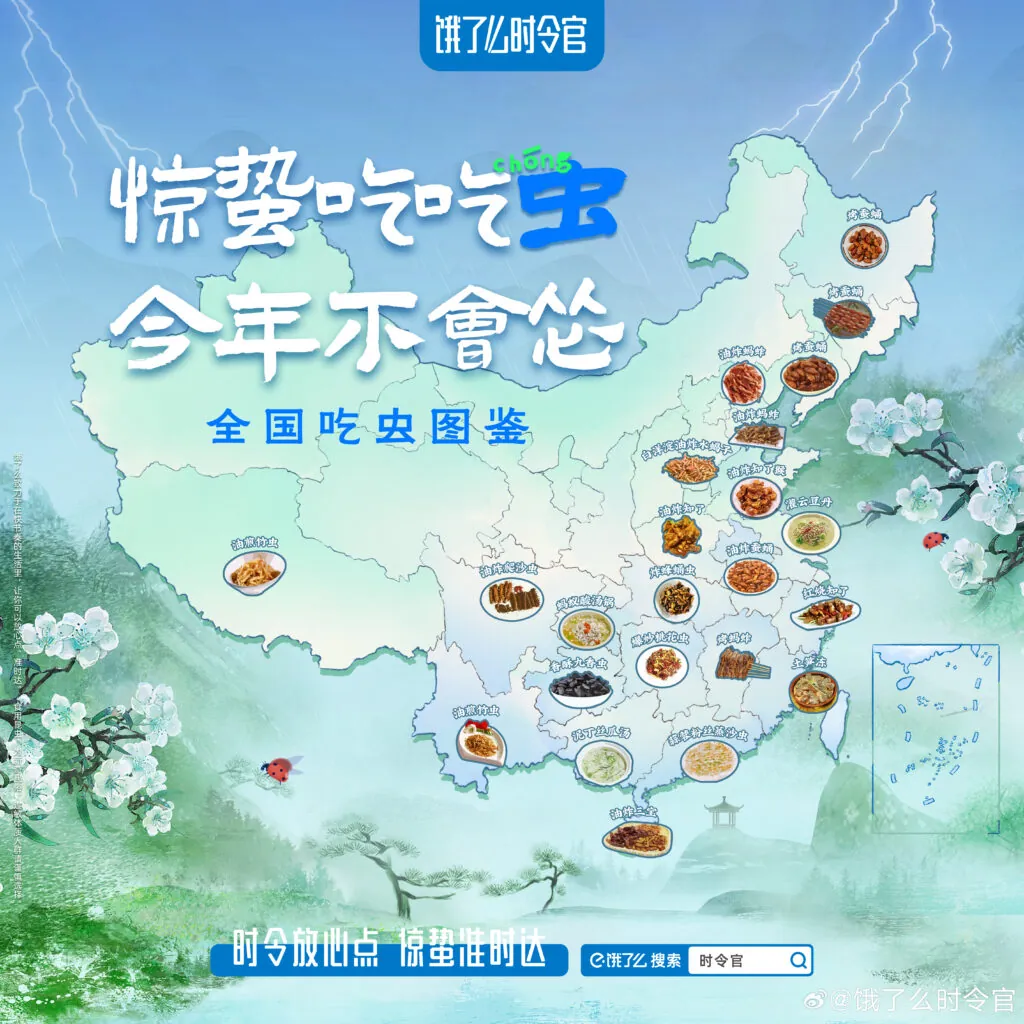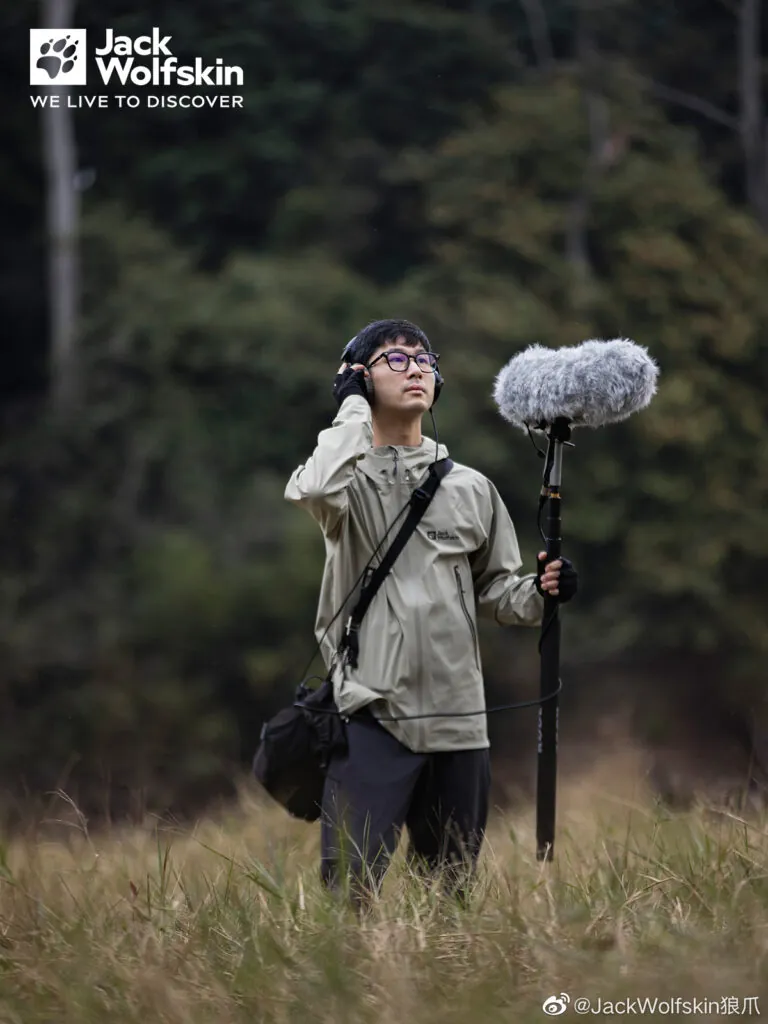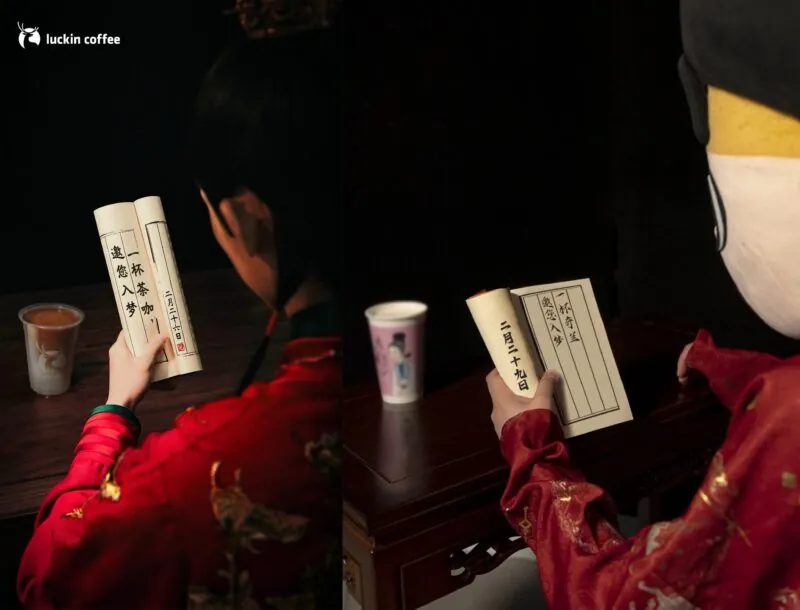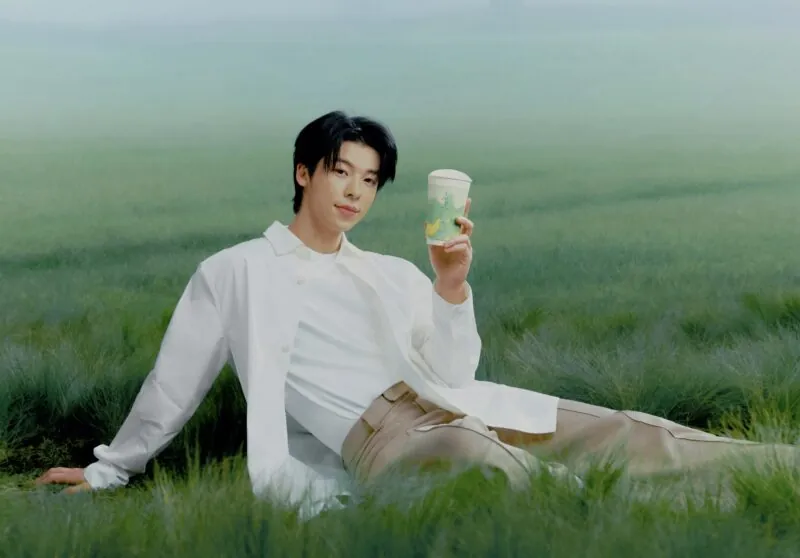Key takeaways:
- Solar terms are 24 periods of the year that match seasonal changes and have become associated with certain traditions and customs. They are becoming increasingly popular on marketing calendars.
- Brands such as Ele.me have created year-long campaigns to leverage solar terms for different aspects of their brands and seasonal changes.
- Other brands opt to focus on certain solar terms that fit their brand image or products.
5 March marks the beginning of the solar term Jingzhe (惊蛰, insects waken). This year, Ele.me took the opportunity to introduce a bug-eating challenge while promoting regional dishes all over China made from bugs. But what exactly is a solar term and why are brands producing campaigns around them?

Ever since veteran singer and actor Andy Lau went viral with his heart-warming yet elegant narration for Audi’s Xiaoman (小满, corn forms) campaign ad, the 24 solar terms have become a staple on the seasonal marketing calendar in China. Although the ad became controversial due to plagiarism, it does not diminish the fact that it had opened the floodgates for solar terms marketing.
The plagiarism controversy does not diminish the fact that the Audi Xiaoman ad opened the floodgates for solar terms marketing
Ele.me started its “seasonal officer” (时令官) campaign in late 2021, celebrating the winter solstice, before turning it into a brand IP and launching its Weibo account in May 2022, a few weeks before Audi’s Xiaoman campaign. Meanwhile, the 2022 Beijing Winter Olympics used solar terms as its countdown at the opening ceremony, introducing the concept to the world.
What are solar terms and why are they significant?
A solar term is, according to Wikipedia, a “period in a year that matches a particular astronomical event or signifies some natural phenomenon”. They are based on the lunisolar calendar so not entirely lunar-related. Solar terms match the sun’s movement, therefore major solar terms such as the spring and autumn equinoxes and summer and winter solstices coincide with dates on the Gregorian calendar.
In ancient times, the solar terms were used to dictate agricultural activities. The names of the solar terms indicate natural phenomena such as the rainy seasons or extreme temperatures. Over time, rituals to celebrate the beginning of some important solar terms have become part of Chinese customs and culture, with specific diets and activities. Qingming (清明, bright and clear), the spring solar term also called Tomb-sweeping Day, has become a public holiday due to its association with visiting ancestral graves.
Over time, rituals to celebrate the beginning of some important solar terms have become part of Chinese customs and culture
Those who caught ’em all
Since the solar terms boom in 2023, several brands launched serial campaigns focusing on these special days. Oriental Leaf, a 0-sugar tea brand by beverage giant Nongfu Spring committed to a year-long campaign with short films showing seasonal tea drinks for 8 solar terms, two for each season. However, some took on the challenge of creating campaigns for all 24 solar terms.



Jack Wolfskin, the German outdoor wear and equipment brand produced a series of documentary shorts focusing on various types of outdoor enthusiasts and activities, showing the different demographics the brand serves while conveying brand values in diverse activities and needs. The short documentaries also showcase how Jack Wolfskin’s products are used to navigate various climates across the country and throughout the seasons.
On the other hand, Ele.me’s solar term campaigns are less uniform and serialised. Focusing on promoting its “seasonal officer” IP, each solar term has its own campaign. Notable campaigns include the most recent Yushui (雨水, rain water) tea-drinking promotion, the Qingming concert and the winter solstice video last year in collaboration with writer Xu Zhiyuan, and it was suggested that the day be made a public holiday. On Weibo, China’s Twitter equivalent, the topic “Expert proposes making the winter solstice a holiday” (#专家建议冬至放一天假#) amassed 280 million views, reaching number 22 on the hot search list.
Meanwhile, some brands produce a single poster for each solar term, without much more follow-up. This can be a way to stay relevant, but it also risks being buried in roundups.
Pick and choose
However, most brands cannot afford to commit to a year-long campaign like Oriental Leaf and Jack Wolfskin, or a multi-year IP-build like Ele.me. By selecting several most relevant, popular or niche ones that go well with their brand image, these brands can capitalise on the resonance of these solar terms without committing to and finding angles for each of the periods.
Brands can capitalise on the resonance of solar terms by selecting several solar terms that go well with their brand image
Last year, Chunfen, or the March equinox became one of the hottest days on the marketing calendar, with related marketing cases growing 400% compared to 2022. Many brands swarmed to the day, from Lenovo’s low carbon ESG campaign focusing on the budding bamboo they use for packaging to Tmall’s “believe flowers will bloom” campaign that emphasises the hopes of spring. Chunfen in 2023 provided many angles for solar term marketing.
Chinese outdoor brand Beneunder, on the other hand, chose to leverage one of the more niche solar terms, Jingzhe. Teaming up with singer Tan Weiwei, the brand released a powerful video with an empowering song. It shows a family dancing their way through forests and beaches, deserts and cities, enabled by the new all-terrain sneakers the brand is offering. The videos show spring as a season is meant to be experienced outdoors as we waken with nature. As a side note, while Beneunder focused on the “jing” or “waken” section, Ele.me took the “zhe” or “insect” part literally with its bug-eating challenge.
Ele.me, with its dedicated seasonal officer IP, has established brand association with solar terms through its continuous campaign for nearly 2 years. However, not every brand is a fit for solar terms compared to Ele.me, with its flexibility over seasonal food and beverages. Taking on a popular solar term that can be easier to interpret or a niche one that is closer to their brand values will be a more accessible means to leverage the popularity of solar terms.
2023 was a huge year for solar term marketing. Into 2024, it can be expected that more brands will hop on the trend, as the spread of the New Chinese Style draws attention to traditional customs to a wider audience.









